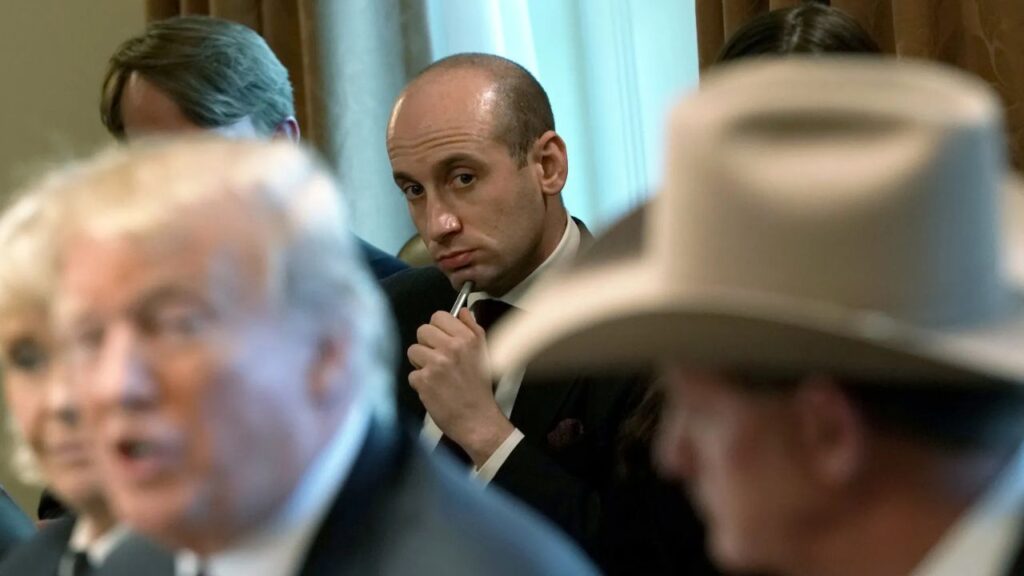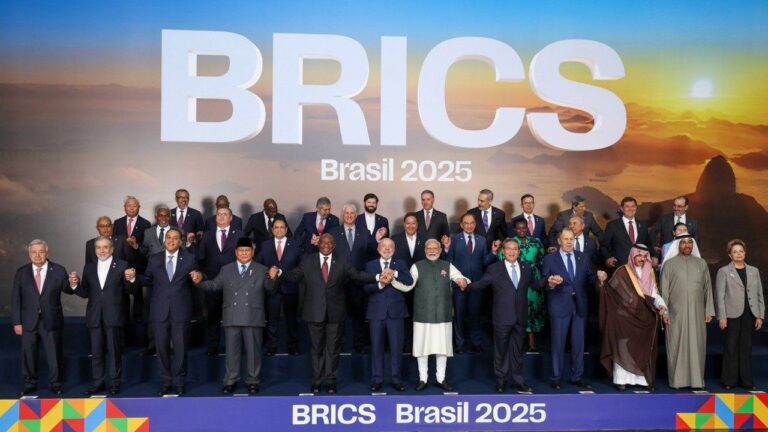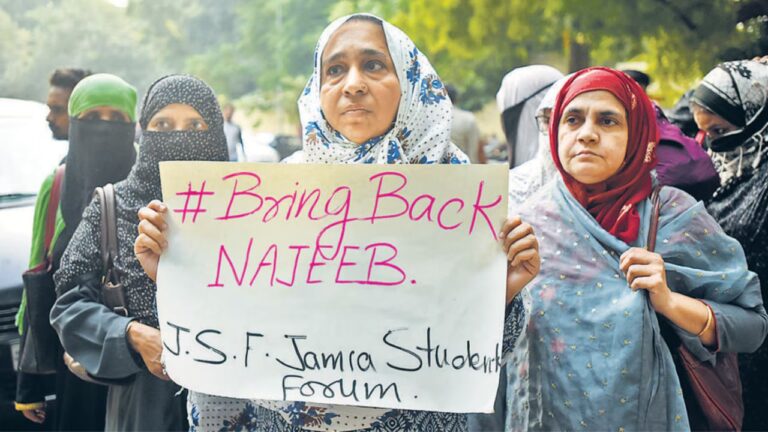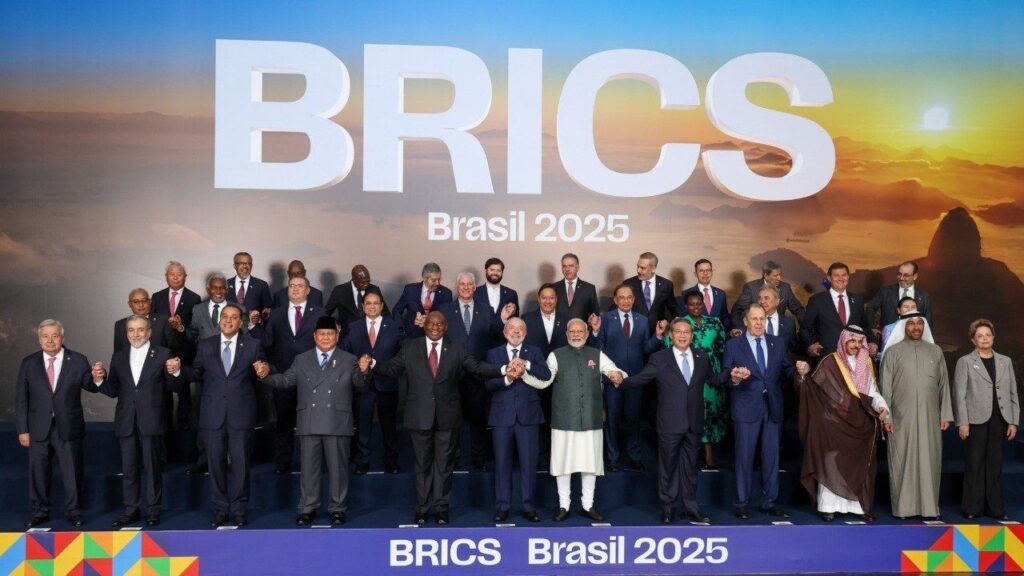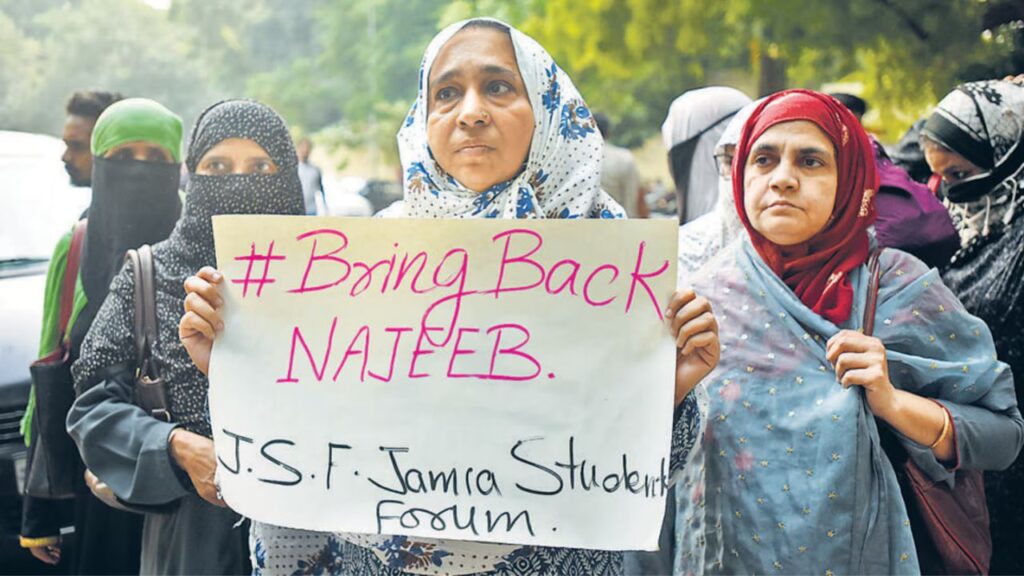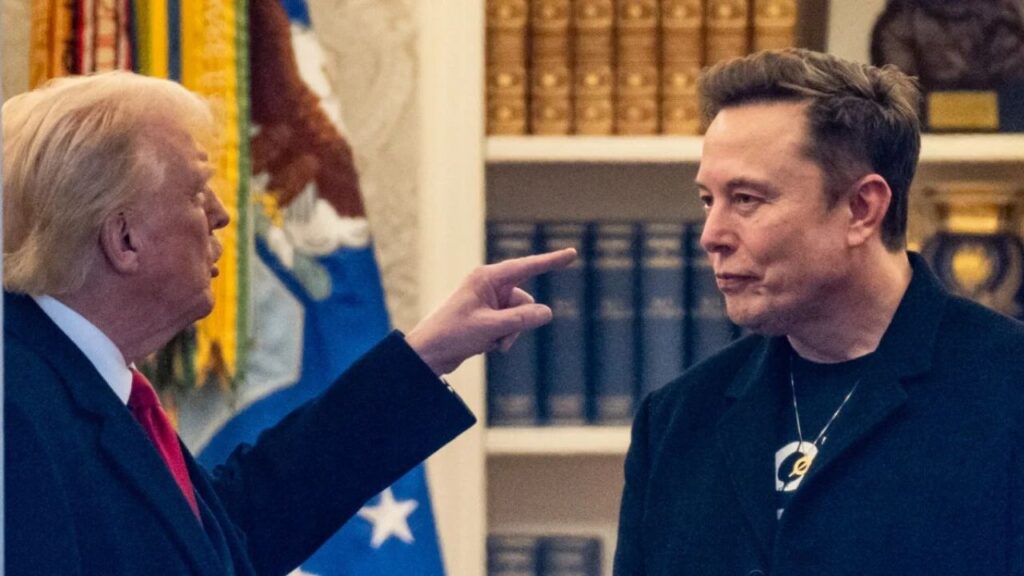The Trump administration is facing a wave of legal and political backlash following public remarks by White House Deputy Chief of Staff Stephen Miller, who confirmed that the administration is “actively looking at” suspending habeas corpus, the constitutional right that allows individuals to challenge their detention before a court. Speaking to reporters on May 9, Miller said, “The Constitution allows for suspension in times of rebellion or invasion,” and added, “A lot of it depends on whether the courts do the right thing or not.”
The statement has triggered outrage among legal experts, civil rights groups, and political leaders across the spectrum, who warn that such a move would undermine one of the most fundamental safeguards of personal liberty in the United States.
Habeas corpus, which originates from English common law, has long served as a crucial protection against arbitrary state action. It is enshrined in Article I, Section 9 of the U.S. Constitution, which explicitly states that it shall not be suspended “unless when in cases of rebellion or invasion the public safety may require it.” Importantly, the power to suspend the writ rests solely with Congress.
Marc Elias, a constitutional attorney and senior Democratic strategist, responded to the development by stating on MSNBC, “Congress has the authority to suspend habeas corpus, not Stephen Miller, not the president.” His comments reflect growing concern over the administration’s repeated attempts to bypass legal processes in its immigration enforcement efforts.
The issue comes to the forefront as federal courts have recently intervened in several immigration related detentions. In one case, a judge ordered the release of Rümeysa Öztürk, a Turkish student detained by ICE for six weeks after publishing an article critical of Israel. Another court ruled in favor of Mahmoud Khalil, a Columbia University student and Palestinian rights advocate who was detained without charge. In both cases, habeas corpus petitions led to judicial intervention and the students’ release.
Despite this, the administration has defended its approach as necessary to protect national security and enforce immigration laws more effectively. While President Trump has not publicly endorsed suspending habeas corpus, he alluded to the possibility in April, saying, “There are ways to mitigate it and there are some very strong ways. There’s one way that’s been used by three very highly respected presidents, but we hope we don’t have to go that route.”
Historically, the suspension of habeas corpus has occurred only under exceptional circumstances: during the Civil War by Abraham Lincoln, in Hawaii following the 1941 attack on Pearl Harbor, in the Philippines during the early 1900s under U.S. colonial rule, and during federal efforts to combat the Ku Klux Klan. Critics argue that none of those moments are analogous to the current immigration situation.
Senator John Barrasso, a senior Republican from Wyoming, dismissed the likelihood of congressional support for such a suspension. “I don’t anticipate it happening. I don’t see it coming up,” he said in a televised interview.
Legal analysts have also questioned the administration’s use of other wartime-era laws, such as the 1798 Alien Enemies Act, which it recently invoked to deport over 200 Venezuelans. Though a federal judge temporarily blocked the deportations, the flights reportedly went ahead. In a strongly worded opinion, the court called the use of the law “incredibly troublesome and problematic.”
As pressure mounts, legal scholars are cautioning that even the suggestion of suspending habeas corpus should not be taken lightly. Professor Jonathan Hafetz of Seton Hall Law School noted that “threats to fundamental rights often begin with a rhetorical softening of legal boundaries.”
The Trump administration has made immigration enforcement a central part of its agenda since returning to office. However, the current discourse surrounding habeas corpus marks a dramatic escalation in both tone and constitutional implications. The question now confronting lawmakers, jurists, and citizens alike is whether the government can redefine the limits of liberty in the name of enforcement and who, ultimately, has the power to decide.

